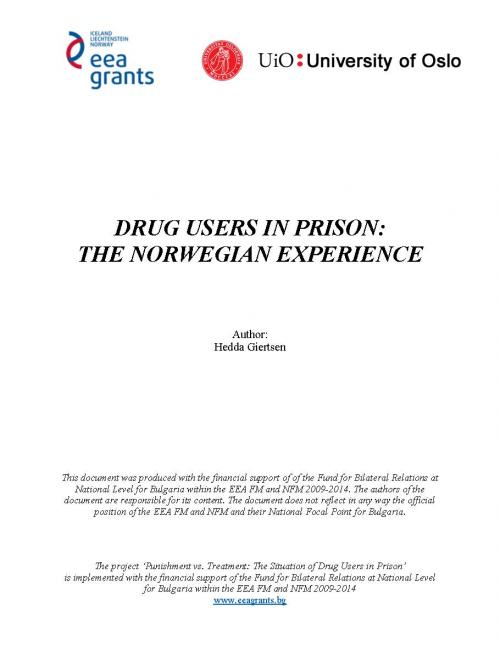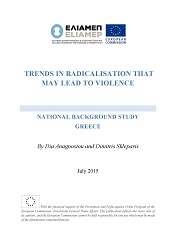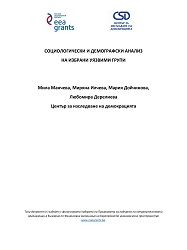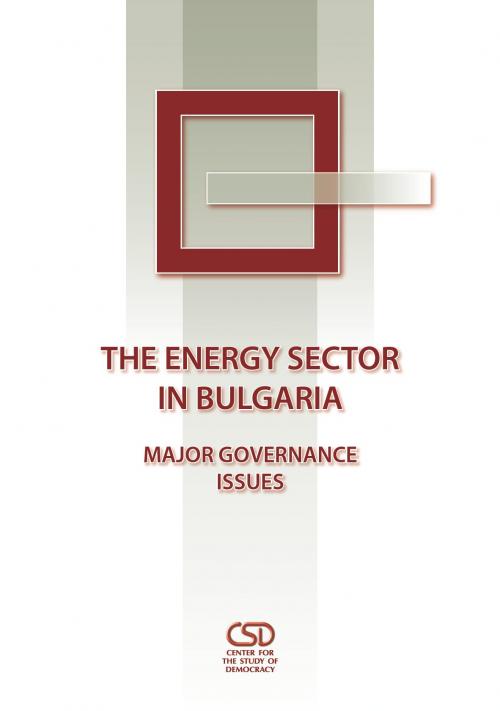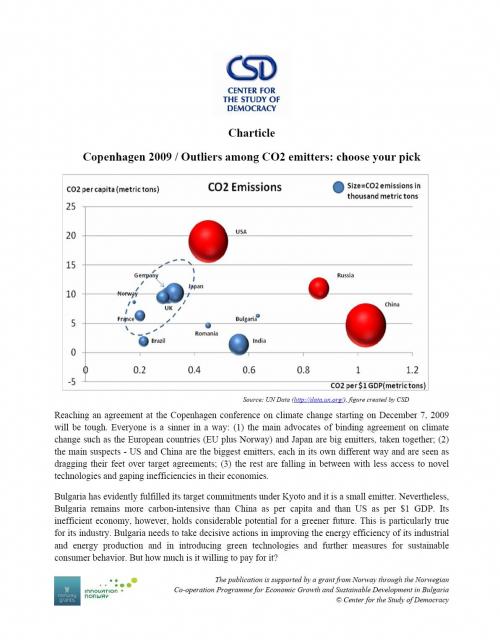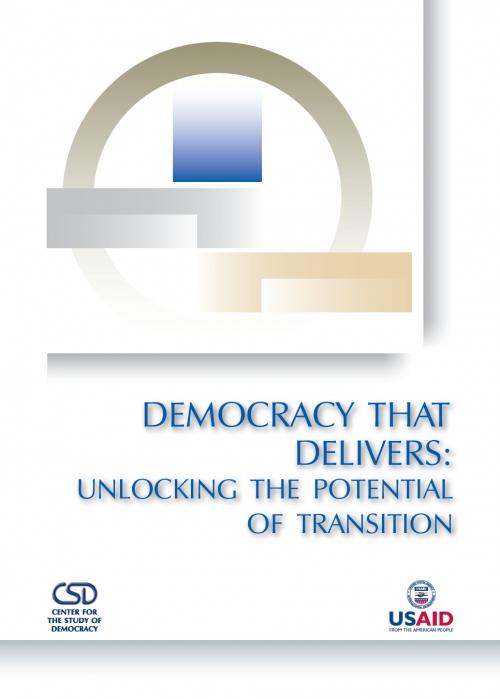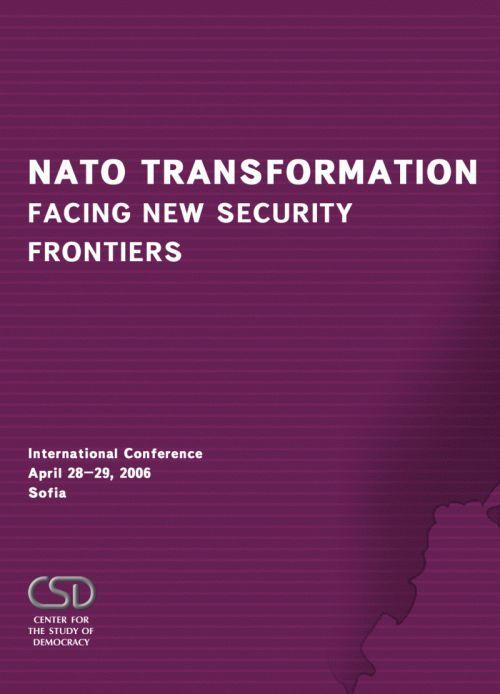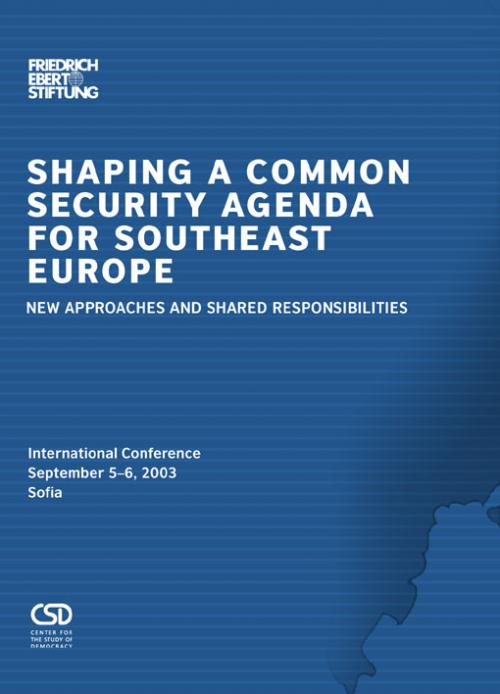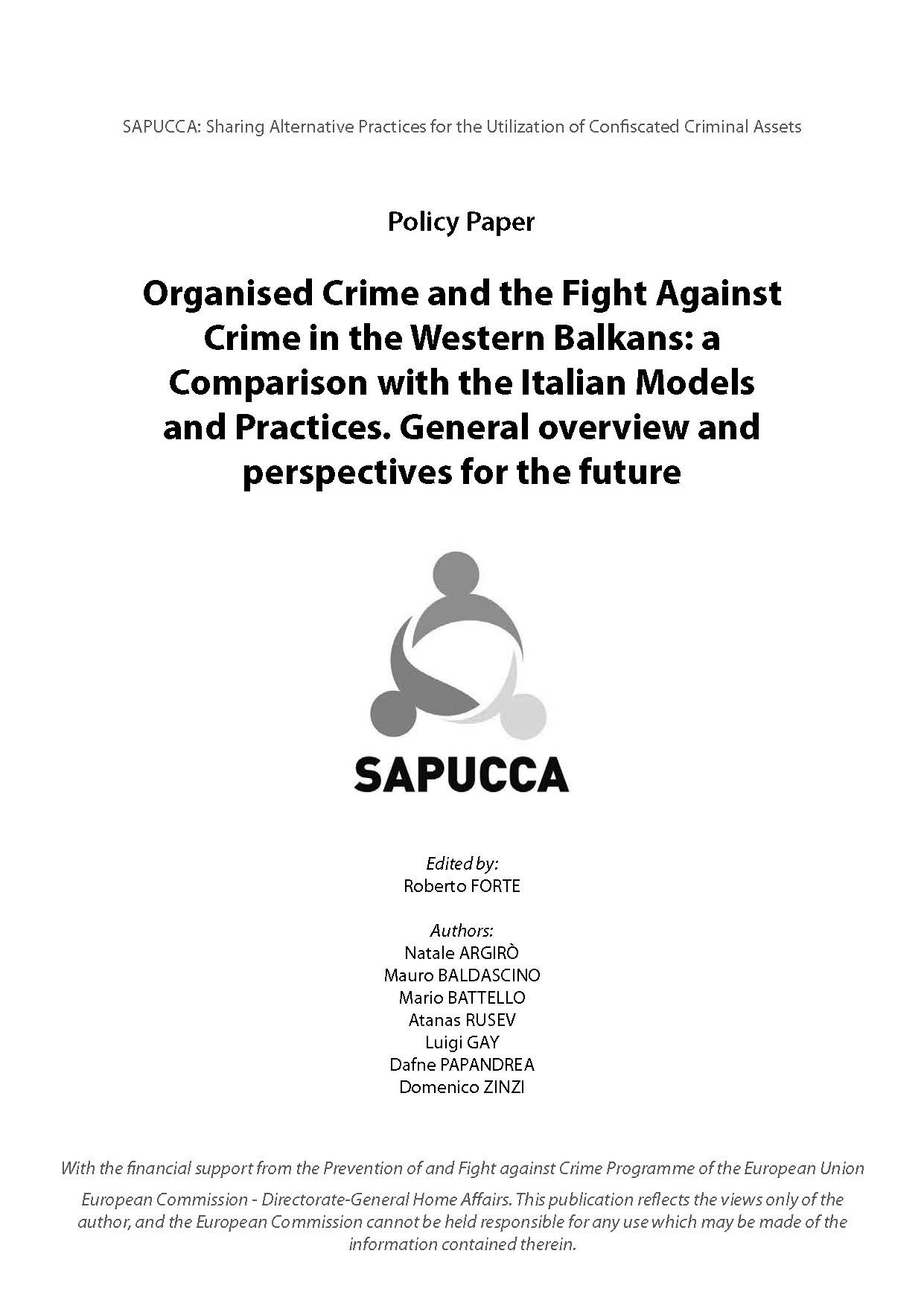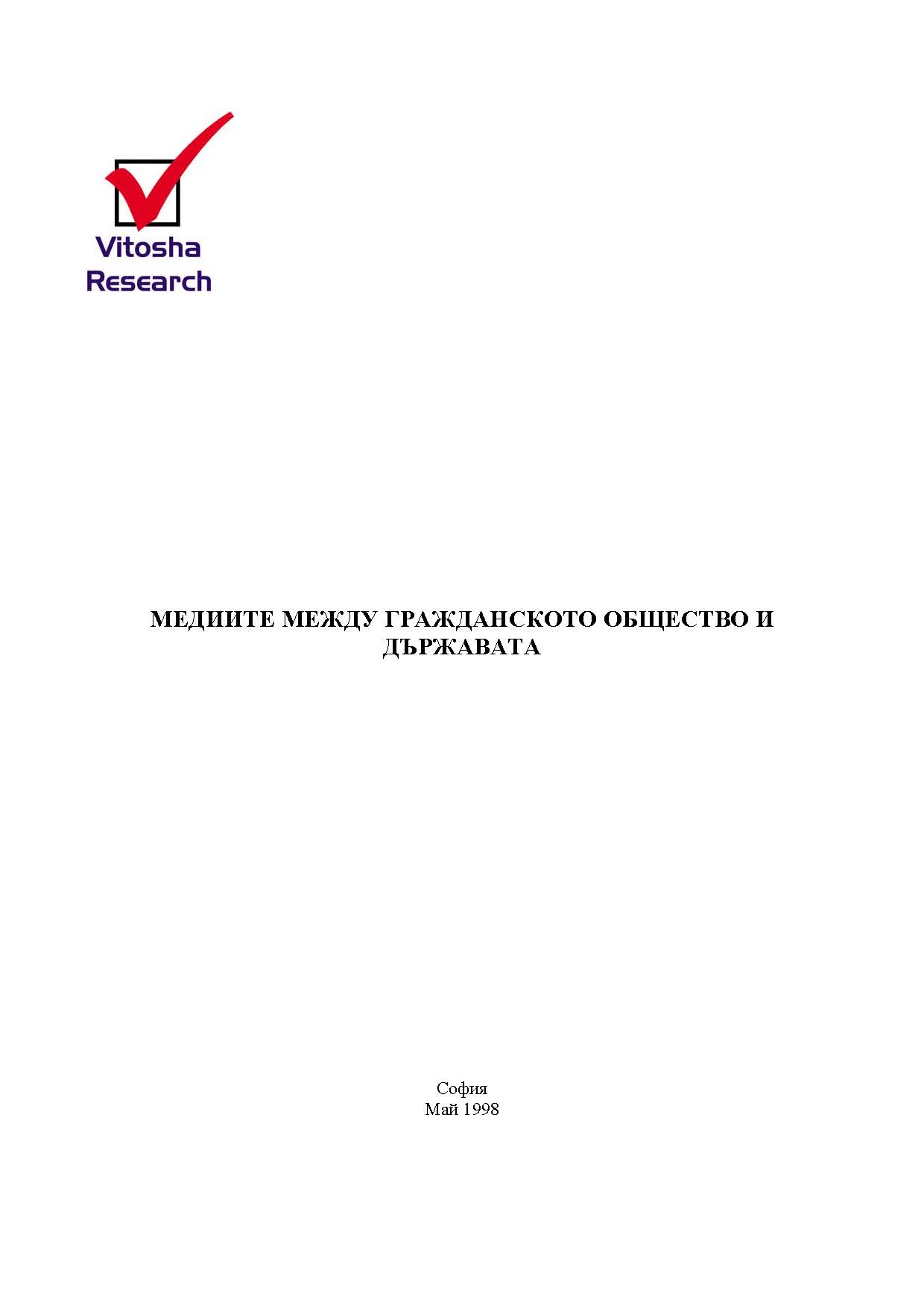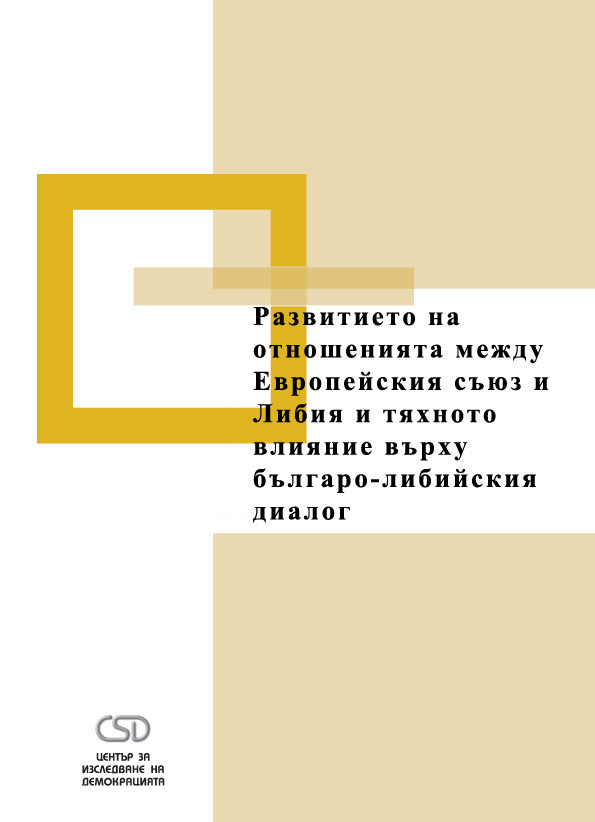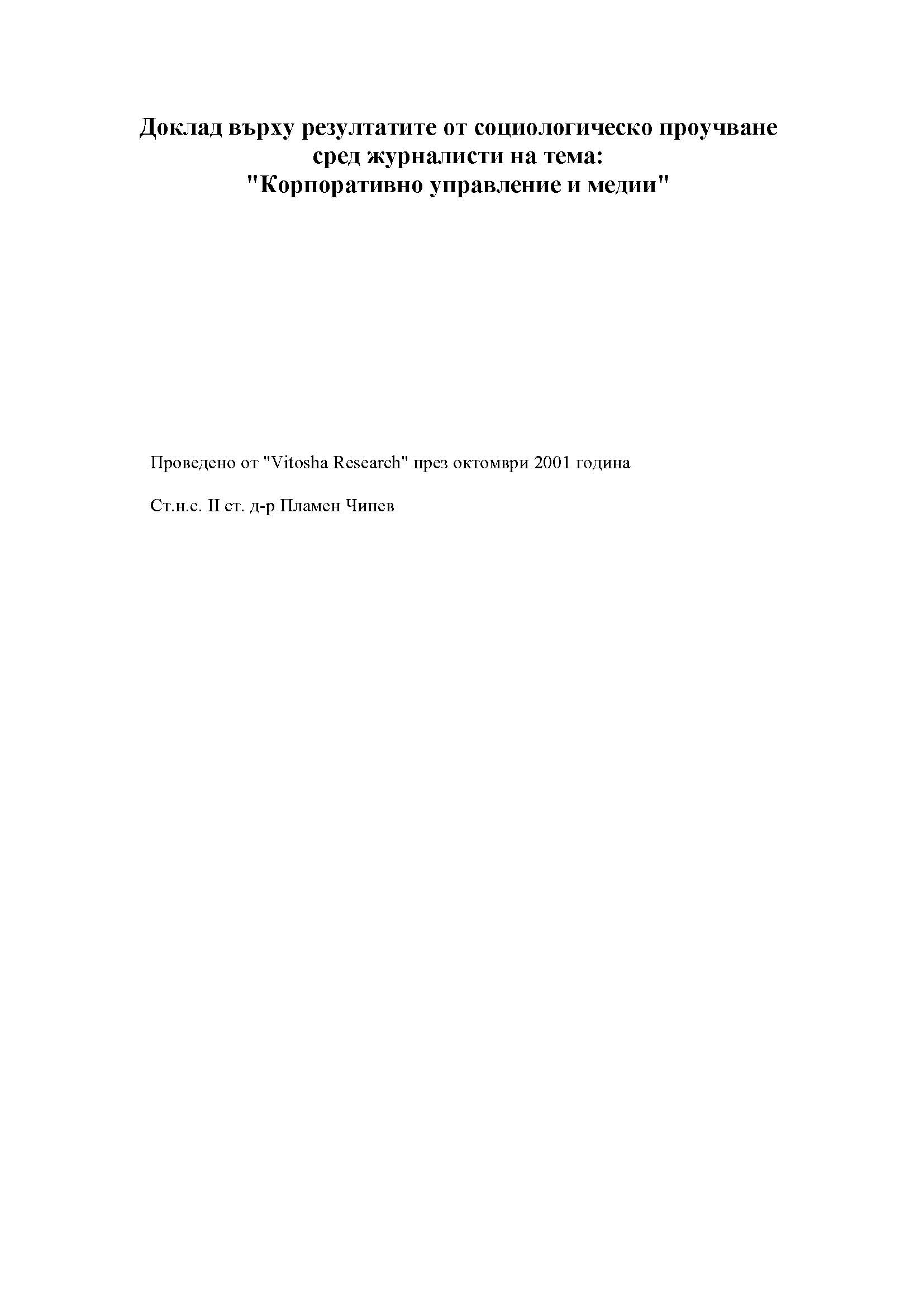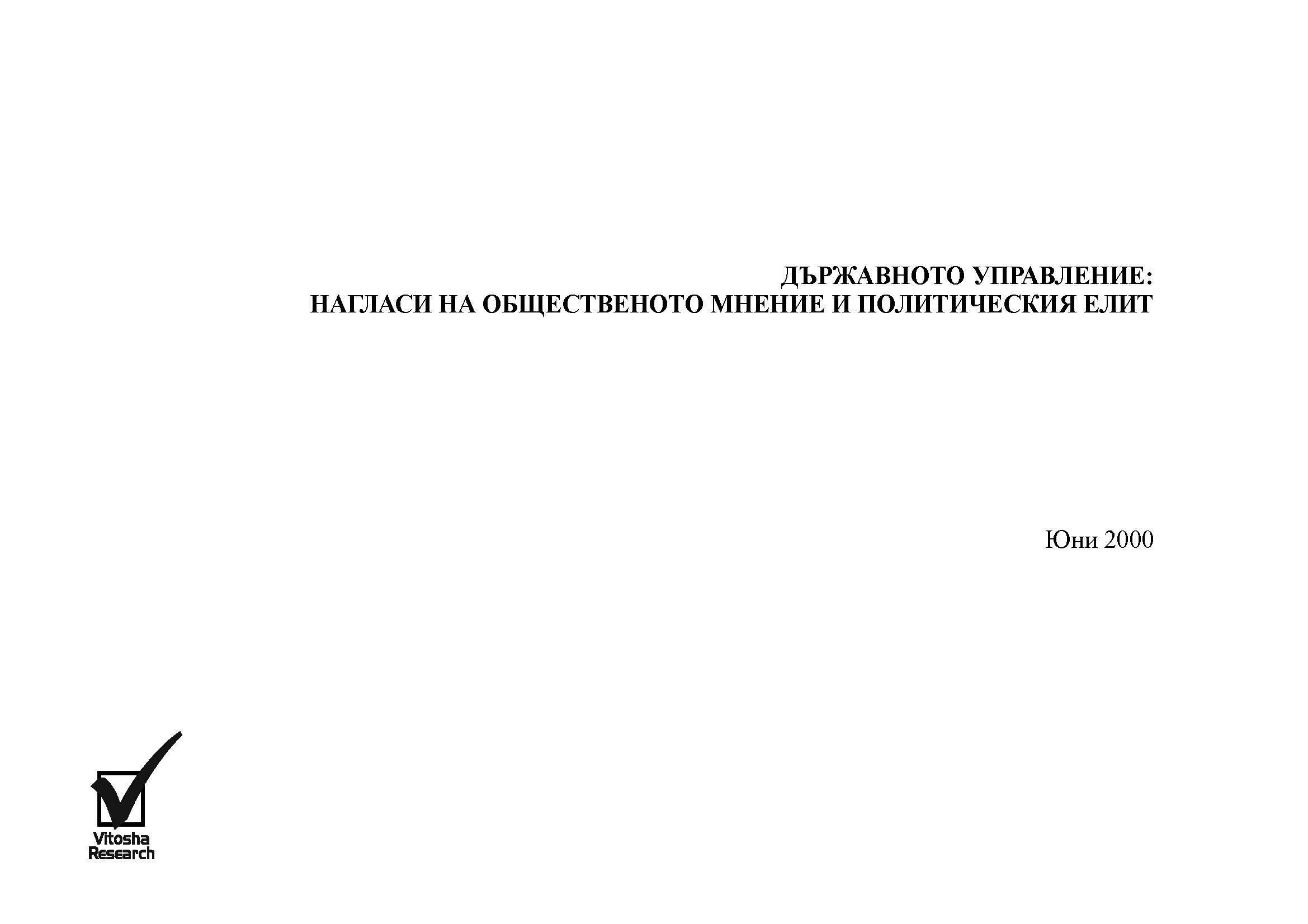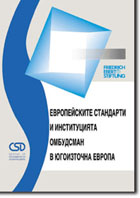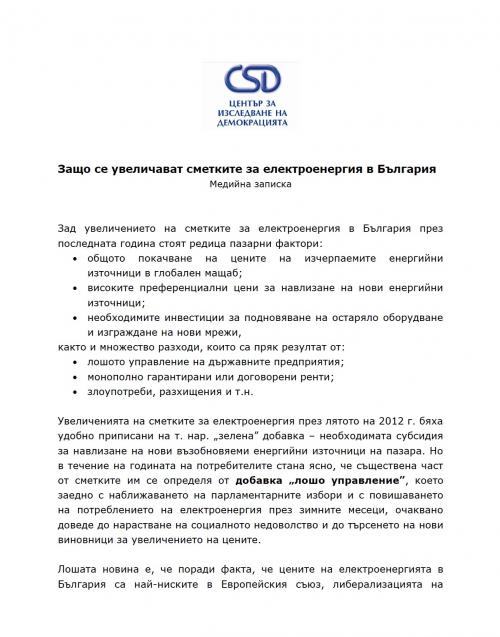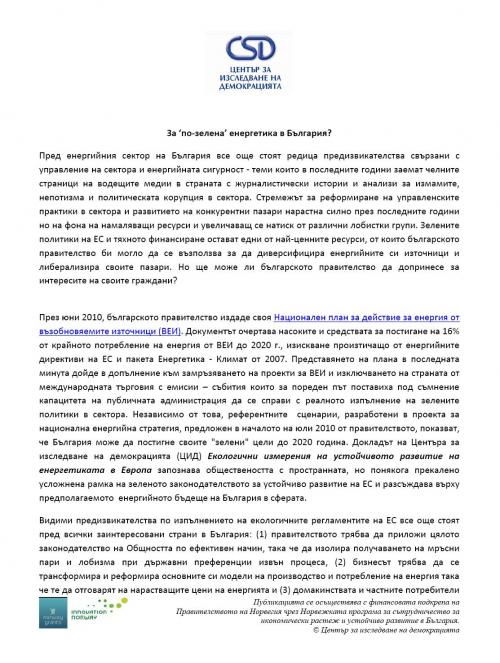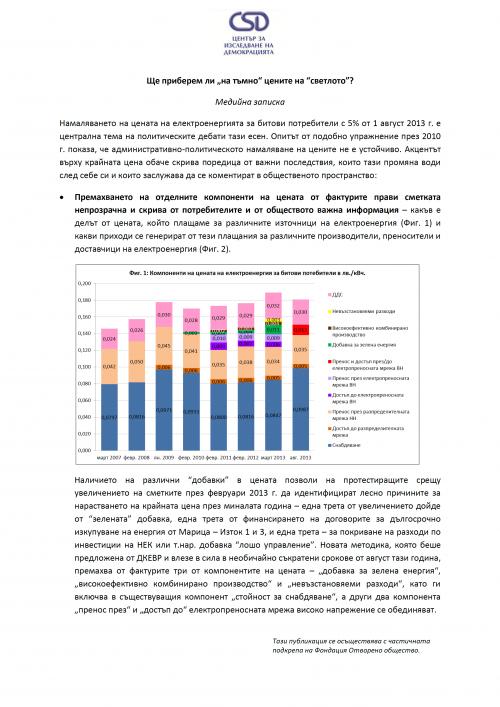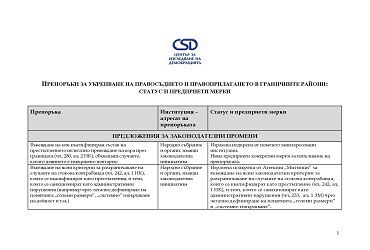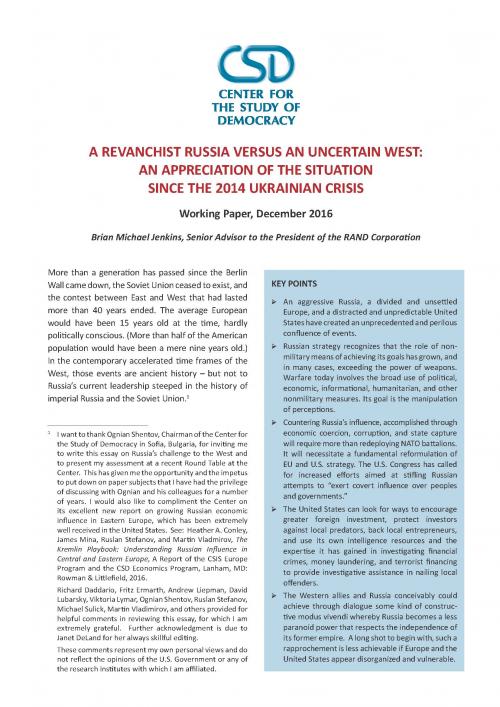
Working Paper: A Revanchist Russia versus an Uncertain West: An Appreciation of the Situation since the 2014 Ukrainian Crisis
An aggressive Russia, a divided and unsettled Europe, and a distracted and unpredictable United States have created an unprecedented and perilous confluence of events that could undermine the European security architecture and the liberal-democratic order. Ultimately, it is conceivable that the Western allies and Russia could achieve through dialogue some kind of constructive modus vivendi whereby Russia becomes a less paranoid power that respects the independence of its former empire. A long shot to begin with, such a rapprochement is less achievable if Europe and the United States appear disorganized and vulnerable.
More...
